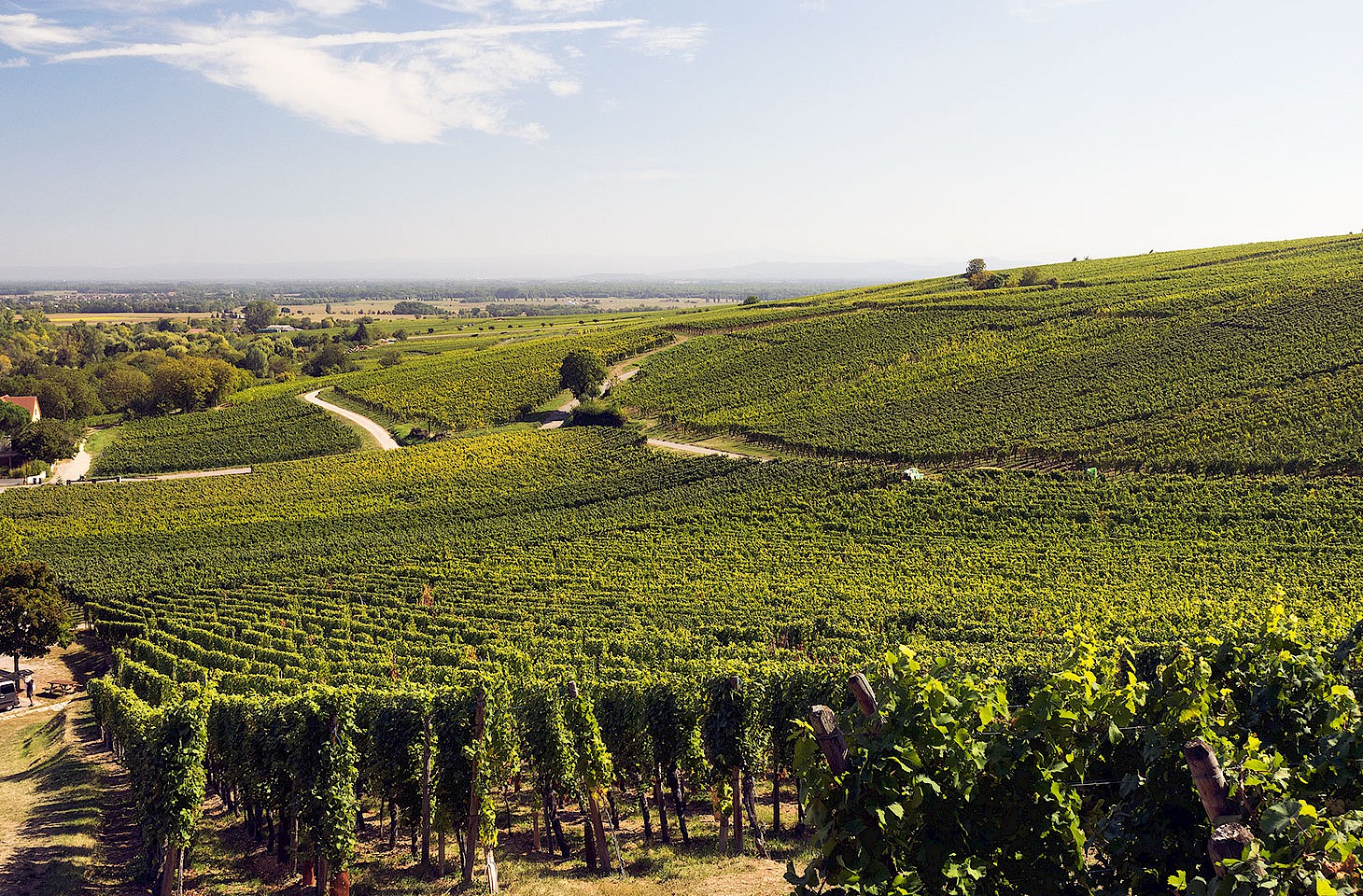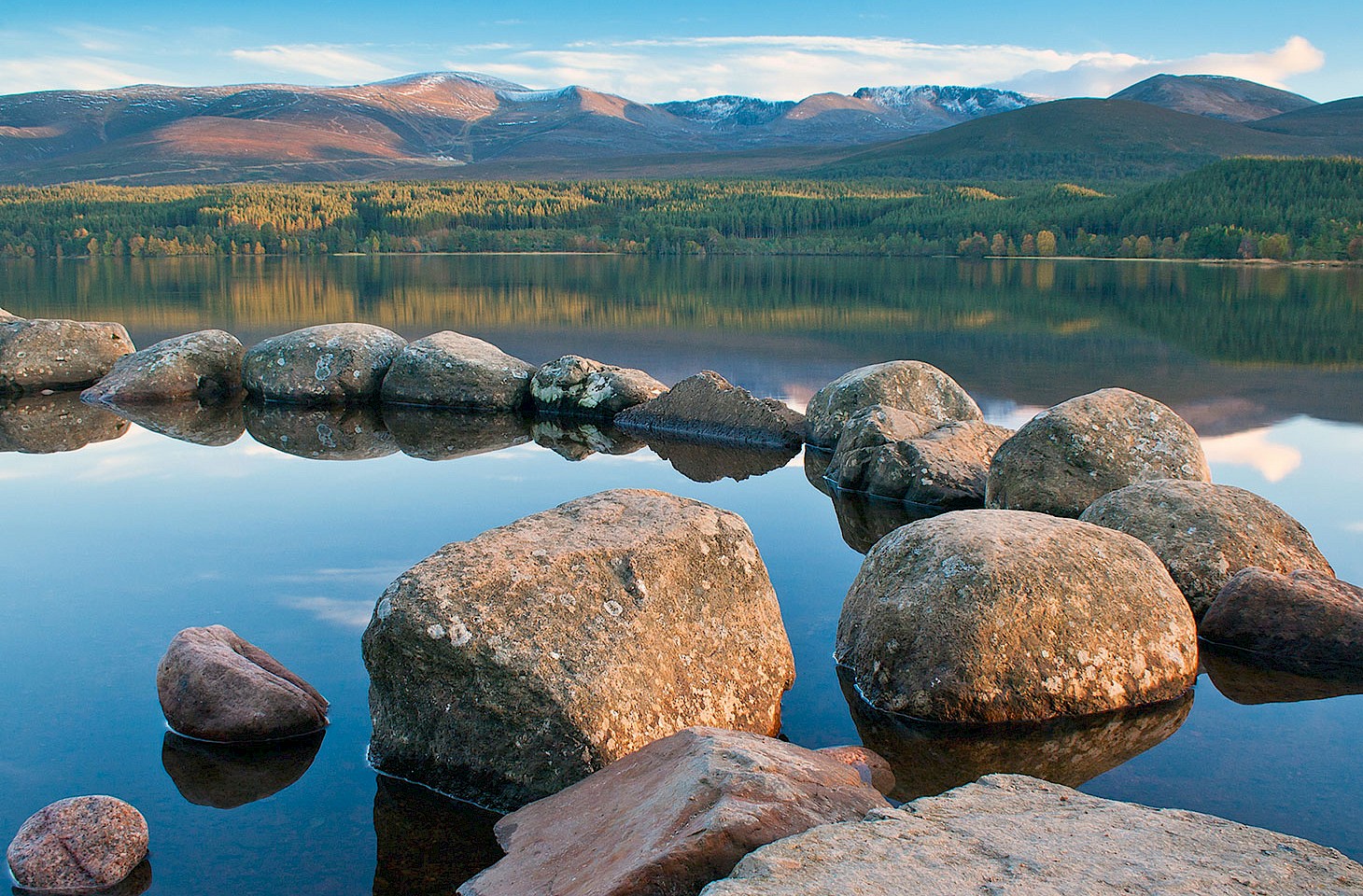Dear fellow travellers
When was the last time you just wandered? Not merely through your home community, but more widely? Just travelling without fixed intent from region to region, perhaps even across frontiers to foreign lands.
Last week we explored a little of the German-Polish Baltic region. Perhaps we shall return there this week. And perhaps not. The point is not to plan, but to savour the serendipity of chance. To wander for its own sake. "Not all those who wander are lost," wrote Tolkien in The Lord of the Rings, and it's a theme taken up in a current exhibition at the British Library in London which explores how wandering has influenced writing about the British landscape.
We find this idea fascinating. It runs counter to modern pieties where everything is pre-planned, pre-ordered and nothing is left to chance. Perhaps that's why travellers today delight so much in the unexpected mishap. We've come to love ash clouds and snowstorms because they create tales worth telling. What adventure is there in an itinerary that goes according to plan? Most journeys have been tamed by over-attentiveness to planning.
It was not always so. Travel was once much more spontaneous. Laurence Sterne's hero Yorick set out on his sentimental journey in such haste that he neglected to pack a passport, just as last Monday morning we settled into workaday routine at our desks, little dreaming that come the evening we would be chugging through the beech woods of the island of Rügen on a steam train. When in 1904 Isabelle Eberhardt travelled by horse to spend the summer at Kénadsa, she knew not whether she would stay for a week or a month in the remote desert community.
Wandering is not merely the prerogative of the rich. We can all wander. But do we dare? Eberhardt was the quintessential slow traveller, unhurriedly exploring communities across the Maghreb. Her itineraries were as uncertain as her entire life (and as unexpected as her premature and awful death shortly after her stay at Kénadsa). We like the journeys of the Romantic poet and critic Théophile Gautier for their spontaneity. Travelling without knowing your precise destination or even your route is infinitely more exciting than following a well-mapped trail to a pre-booked hotel.
So, in the spirit of an earlier generation of slow travellers, we meandered north on the slowest of slow trains. We stumbled on a happy little pension, cheap but more than adequate, and decided to stop off overnight. We enjoyed a balmy summer evening on Rügen. By midday the following day we were in the Polish town of Swinoujscie on the island of Uznam. But more important than the places was the manner of the journey. Without a guidebook and without expectation, we were led by a whim. It is a fine way of exploring hidden Europe. You might like to try it some time.
You can read more about the journeys of Laurence Sterne and Isabelle Eberhardt in recent issues of our hidden europe notes.
Nicky Gardner and Susanne Kries
(editors, hidden europe magazine)



